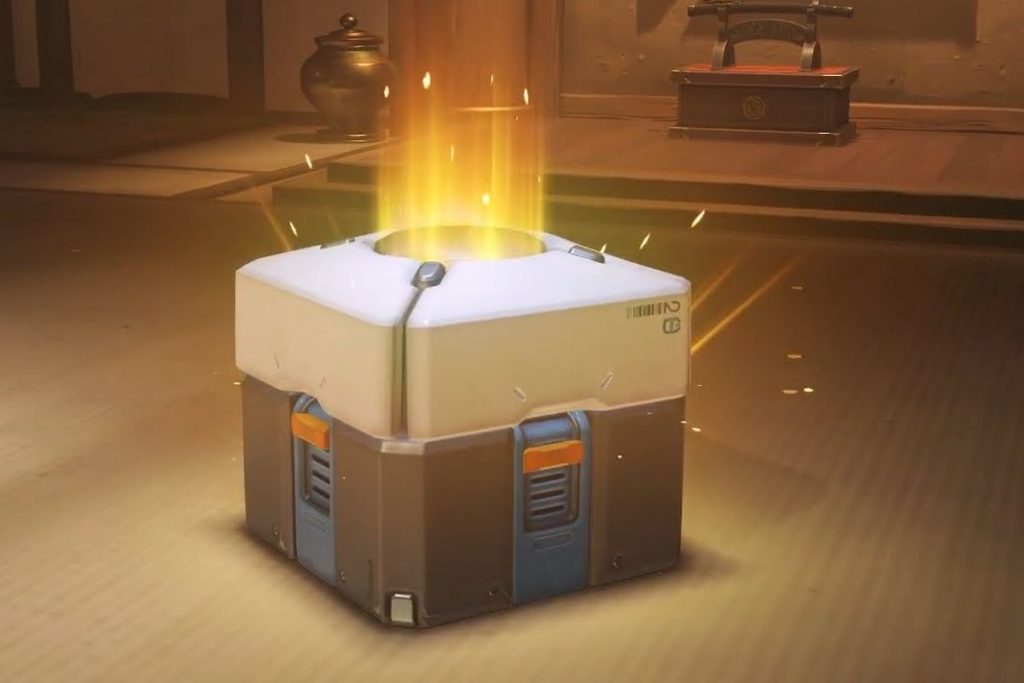Loot boxes have been a controversial issue since quite some time. They became a topic of interest since EA’s epic statement on Reddit defending the presence of loot boxes on Star Wars: Battlefront 2. What exactly are these ‘loot boxes’, where do they come from, and why are they such a topic of interest? Let’s dive into some detail.
Loot boxes are in-game mechanics that allow players to open it for the chance to get in-game items, the action of opening a loot box is quite similar to the moment you win a slot game in an online casino there is the element of surprise, which gets you excited and motivates you to keep playing, for example, online slots in Ireland became widely popular especially because of that fact. Most in-game items have a rarity attached to them, and the adrenaline rush for opening a legendary item is the same as clutching a game where the team is on the verge of defeat. The first loot box was implemented in a Japanese MMORPG called Maple Story. It wasn’t a mass phenomenon until Valve decided to implement loot boxes in their games (primarily DOTA 2 and CSGO). Loot boxes were mostly restricted to FPS games and dropped cosmetic items, till card games increased in popularity. Loot boxes in card games came to be called “booster packs”, dropping cards that influence a player’s collection, and in turn, their competitiveness in the game itself. Monetization crept slowly into single-player games too, with Middle Earth: Shadow of War and Assassin’s Creed Origins being two popular examples.
Loot boxes are like a virtual casino. They capitalize on the attention people like to get when they show off their cosmetics as well as the ‘hope’ of unboxing rare cosmetics (and the sheer adrenaline rush for opening legendary items!). You gamble on the chances of opening items of higher rarity whenever you open a loot box, though unlike real life casinos, you’re guaranteed to get something back. The sad thing is, most games lack a comprehensive monetization scheme for cosmetics, meaning that one cannot sell their cosmetics to get some amount of the money back (DOTA 2, CSGO and PLAYERUNKNOWN’S BATTLEGROUNDS are three popular exceptions). Loot box opening simulations in modern video games resemble sophisticated online casinos with their slot machines in action.
The debate for how legitimate or otherwise loot boxes will continue, but they are here to stay, like it or not.
